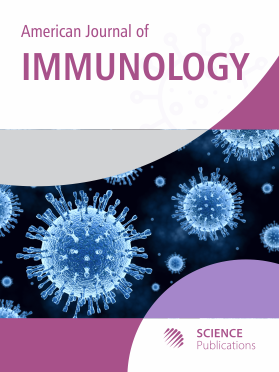Genetic Analysis of Bifidobacteriaceae in a Fermented Milk and Colostrum Product in Relation to Immune Function
- 1 National Coalition of Independent Scholars, Battleboro, VT, United States
Abstract
This study investigates the microbial composition of a commercially available Swiss fermented milk and colostrum product with a history of use in chronic condition management since 2014. The analysis, performed using the Axiom Microbiome Array, identified a high number of targets corresponding to microbial species classified as probiotics belonging to the Bifidobacteriaceae family. The array provided 28 unique targets, each corresponding to a specific microbe. Next, the amino acid sequences of beta-galactosidase and sialidase from Bifidobacteria and humans were studied because these enzymes are responsible for the production of Gc protein-derived Macrophage Activating Factor (GcMAF) from the Gc protein that is abundant in colostrum. The Bifidobacterial enzymes showed striking functional similarities with their human counterparts. In addition, the study explores the potential health benefits of this product with a focus on GcMAF and chondroitin sulfate, a glycosaminoglycan highly represented in milk and colostrum. The high concentration of specific Bifidobacteria strains contributes to these benefits through two mechanisms: Enhanced GcMAF production and activation of chondroitin sulfate, which in turn exhibits GcMAF-like activity. These findings suggest that the Bifidobacteria-rich Swiss product could offer health benefits through these combined mechanisms.
DOI: https://doi.org/10.3844/ajisp.2024.24.34

- 6,330 Views
- 2,061 Downloads
- 0 Citations
Download
Keywords
- Bifidobacterium
- DNA
- Immunity
- Cancer
- GcMAF
- Chondroitin Sulfate
